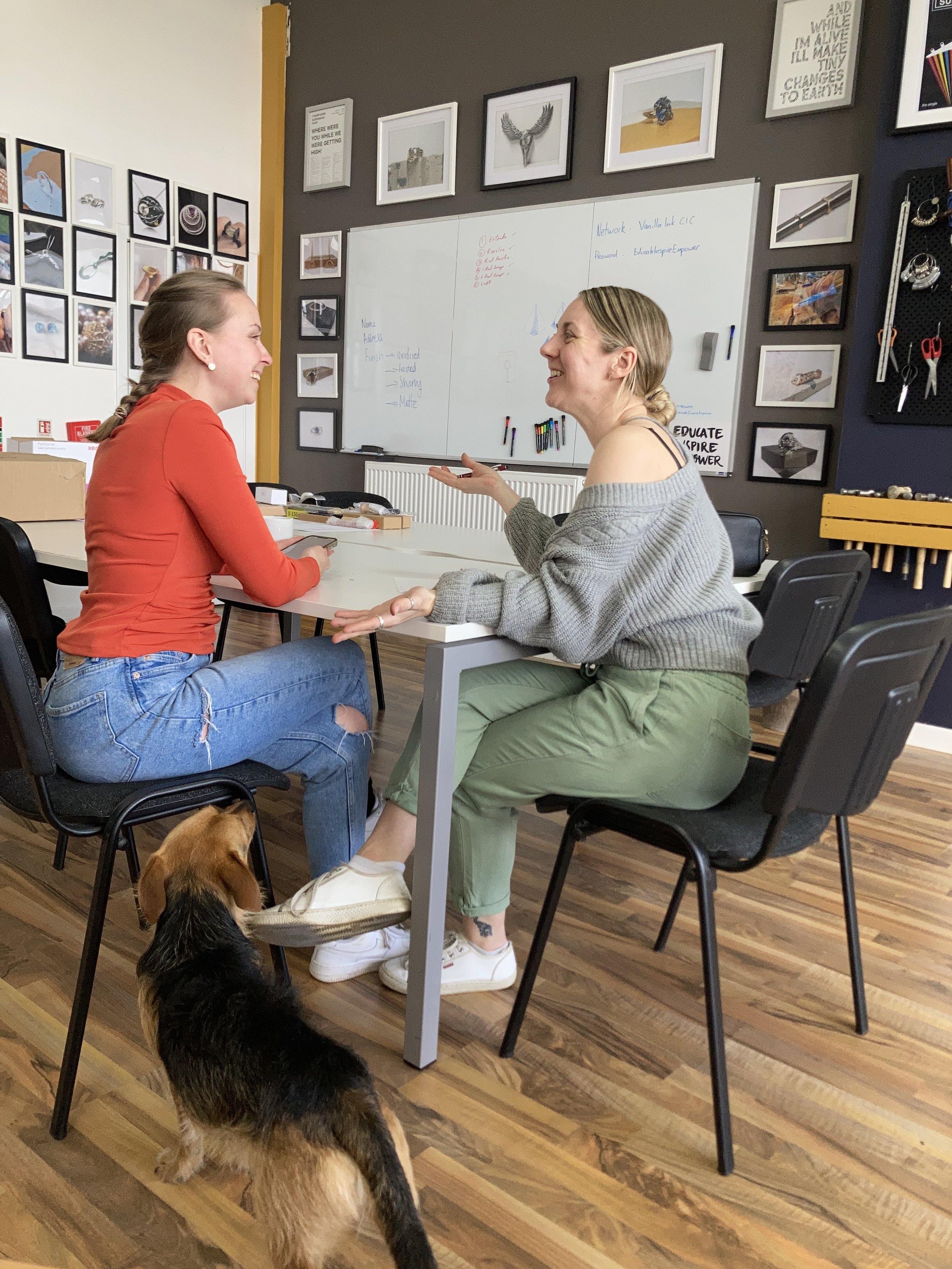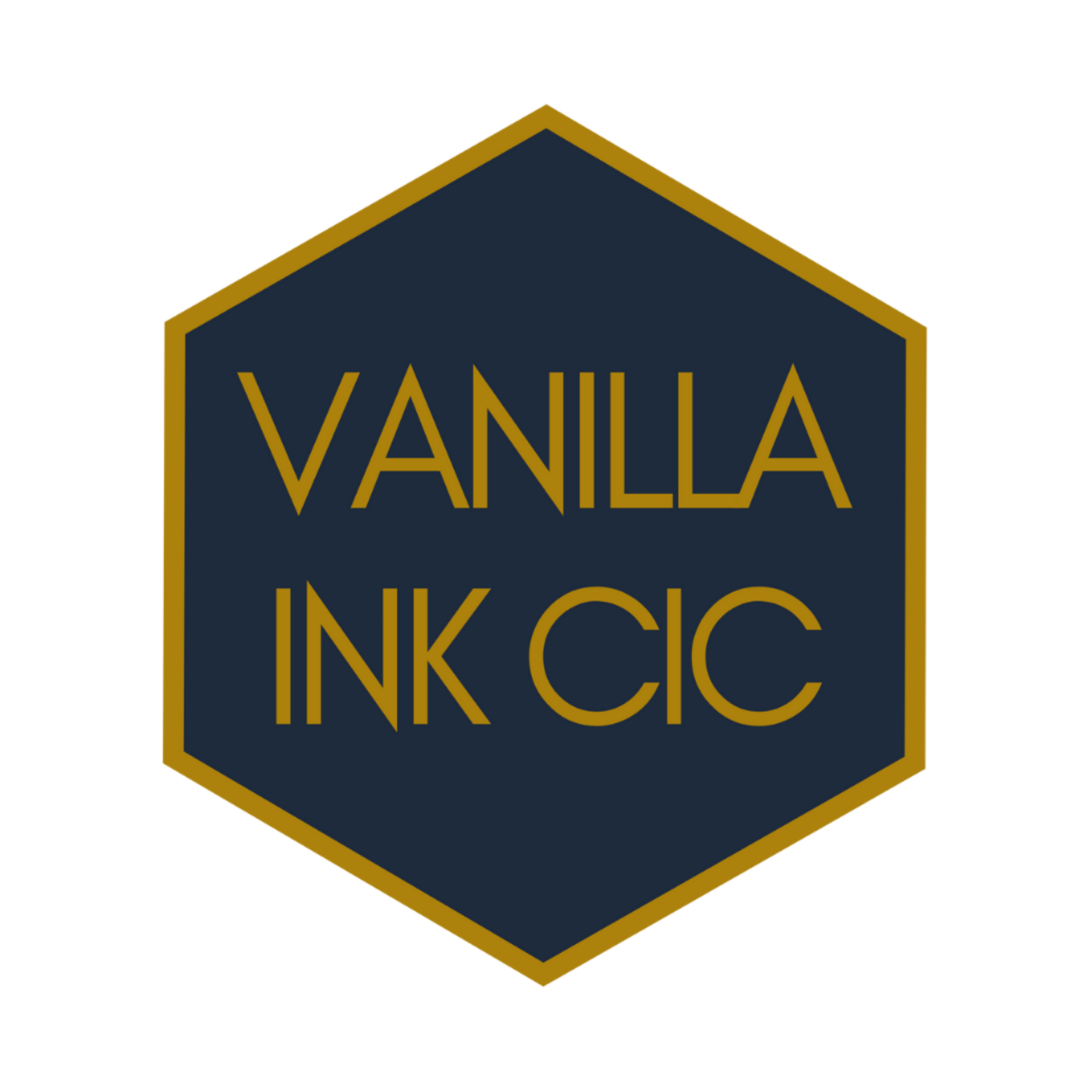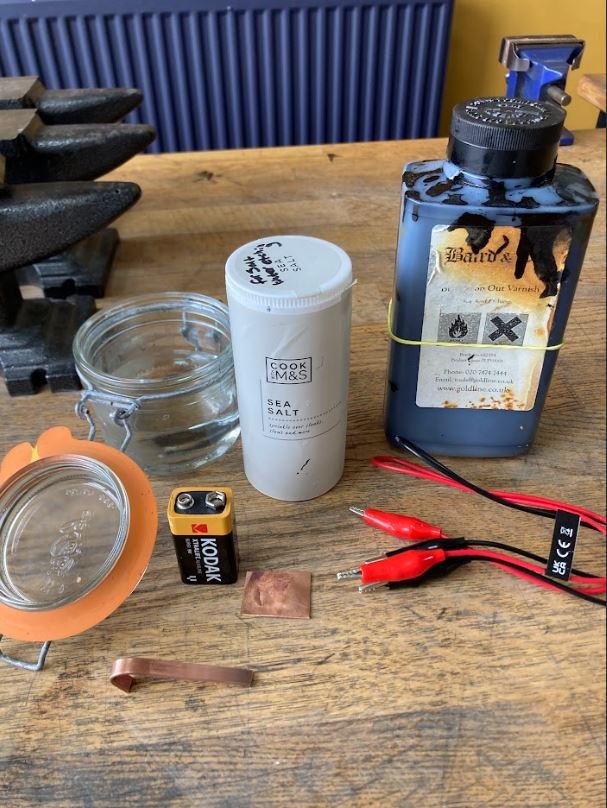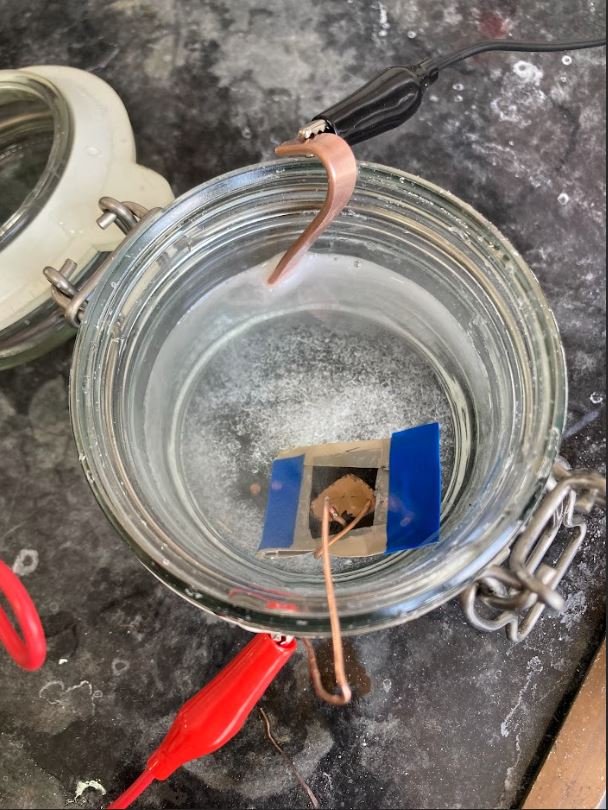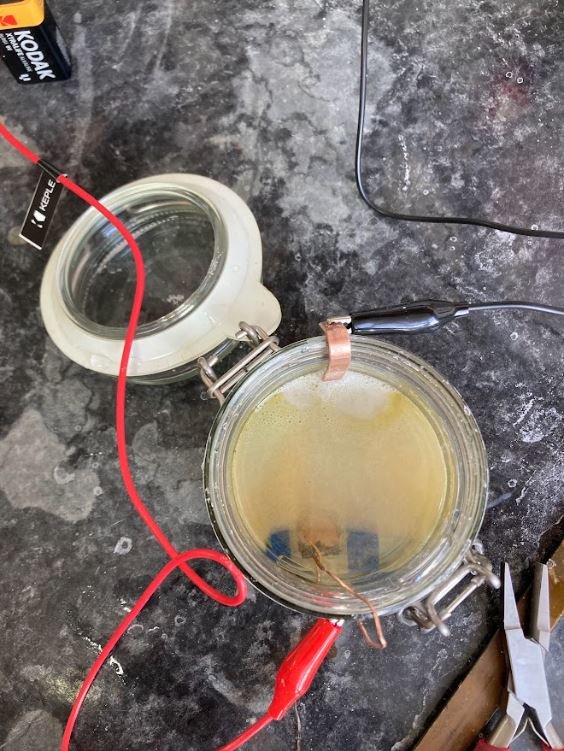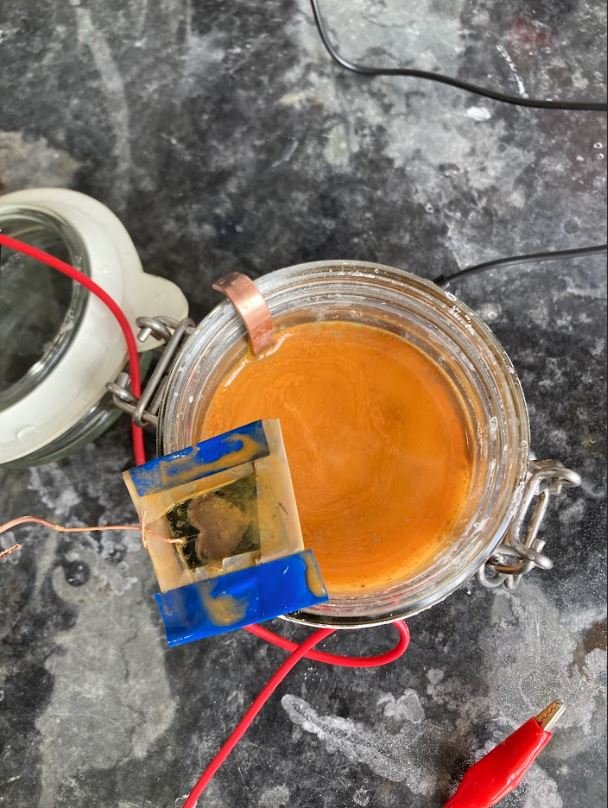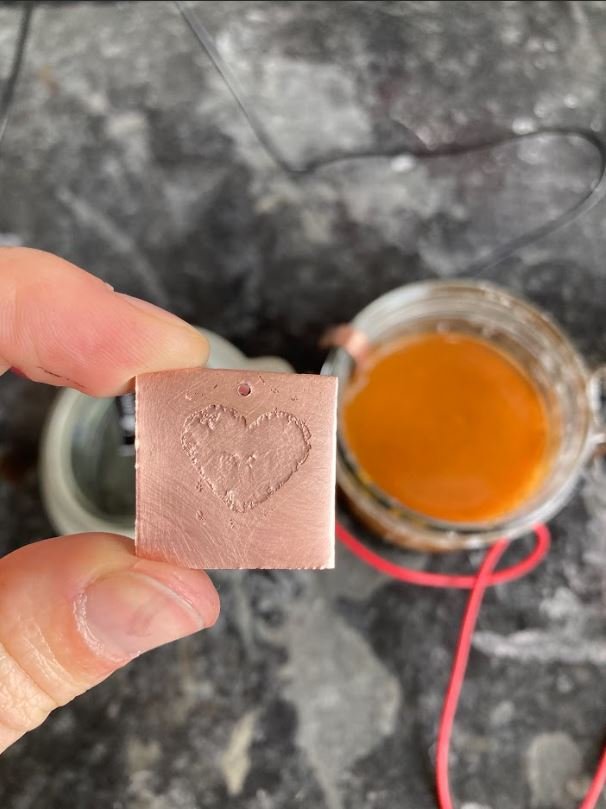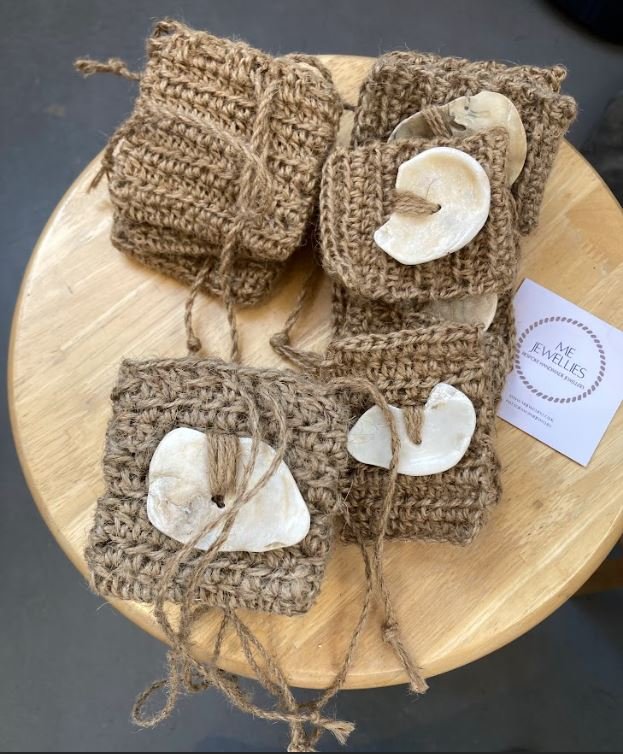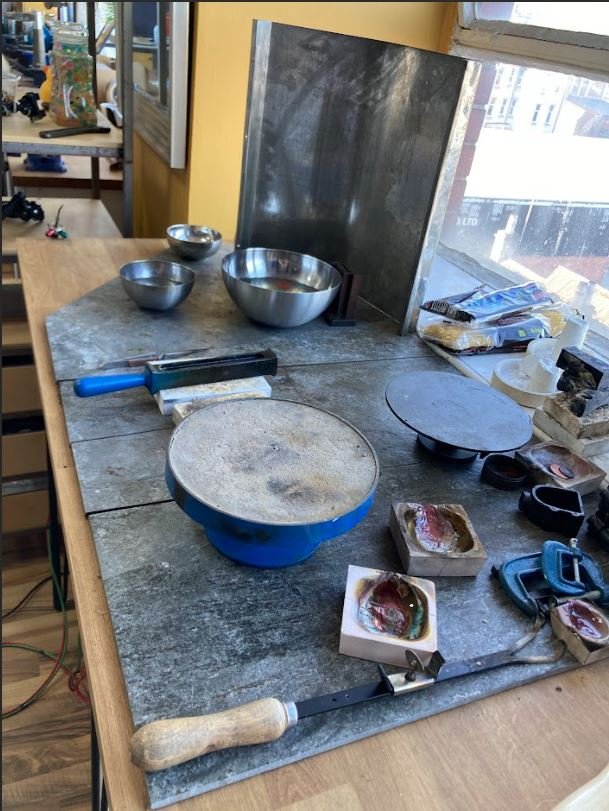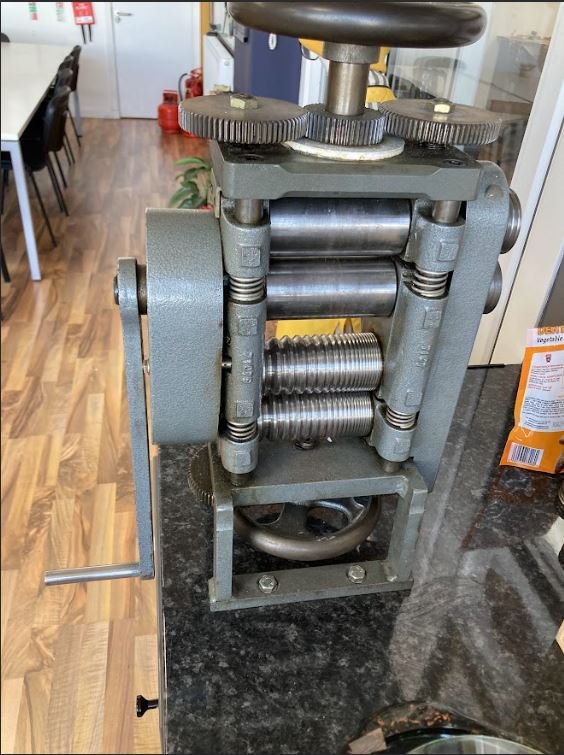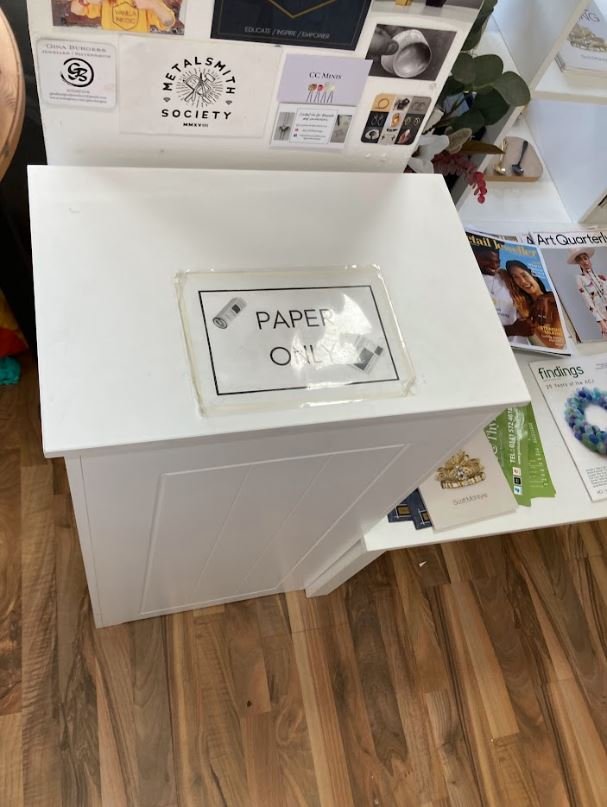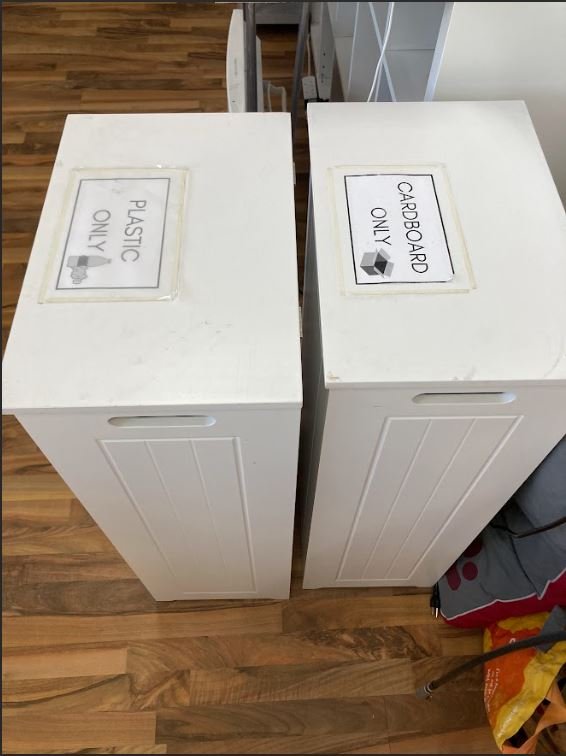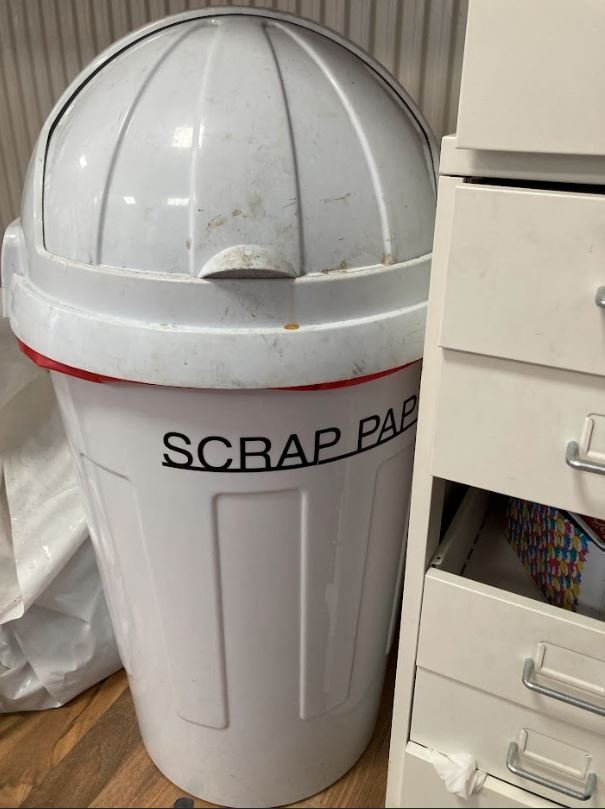Ethical Making @ Vanilla Ink
Vanilla Ink Studios offer courses, bench rental and take bespoke jewellery commissions in the East End of Glasgow. Vanilla Ink joined the Ethical Making Pledge in 2022 as we expanded to include independent educational institutions. We spoke with the ‘Inker’ Ambassadors Annelies Webb and Jade Fergus to find out what they have been working on over the last year.
Within your workshop, what collective efforts towards more ethical/sustainable/responsible practice have been made this year?
We explored using organic pickle as an alternative to safety pickle. This was successful in cleaning the metal, however unfortunately this is significantly longer than safety pickle. In the context of our classes here at VI it is not possible to use due to time constraints.
Although residents can choose to use this in their own work.
We tried salt water etching as an alternative to corrosives and this was very successful, we got a great etch on our piece after 30mins in our salt water bath.
We have open discussions about ethical making between residents and students and have discussed having a yearly quiz. It is quite difficult to get everyone together but we will do it once a year even if it involves a few people just to open discussions.
How has your course integrated themes of ethical making into the curriculum?
We will integrate themes of ethical making by having a yearly quiz with residents and tutors.
In the workshop we have decided go ahead with salt water etching as our alternative to etching with acids in future classes.
Vanilla Ink have introduced a new class called ‘stamp a charm’.
This teaches students how to melt scrap silver into a ball, they hammer it flat and add a letter or decorative stamp to make a pendant.
This is perfect for students who have a small set up at home and may not have access to to a rolling mill, ingot or little smiths torch to recycle scrap into wire or sheet.
Have you (or any of your classmates’) addressed themes of ethical making within your creative practice?
I, Annelies use jute bags for packaging my pieces. Jute is a natural material and compostable. If the customer does not want to keep the bag they can use it as a dish cloth in their home.
A lot of residents purchase recycled packaging as a way to be more sustainable.
What progress do you envision your course making over the coming year?
We will continue to encourage recycling scrap metal where possible in classes. We will spread the word about ethical making to students and inform them where to find resources to access.
How has being an Ethical Making Ambassador changed your learning and practice?
Being an ethical ambassador has given us the resources to become more aware of how to be ethical in the decisions we make with our respective businesses.
It has highlighted a lot of the issues in this industry and hopefully we can make more conscious decisions with our practice going forward.

